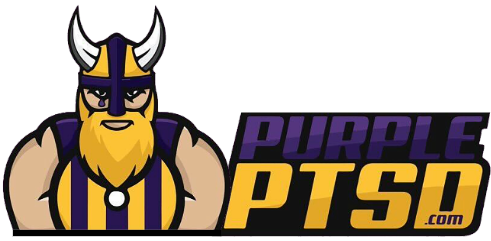Expanding Replay Review Hurts The Game, Dulls Fans’ Experiences

Pass Interference and No-Calls are now challengeable. This is not just a proposal that the league is thinking about. Other rule changes, like a proposal to replace the onside kick were also considered but voted down. However, this expansion of replay review is now official. It is here. It is real. It will be in effect next season.
Under the new rules, coaches will be able to challenge defensive and offensive pass interference calls (OPI/DPI) using their red challenge flag. Normal challenging rules still apply. Each head coach is allowed two or three challenges per game, except in the final two minutes of each half where all reviews are made by the replay booth. Even more importantly, coaches will be able to challenge “No-Calls”. Even when no flag is thrown on a play, coaches will be able to effectively create penalties by challenging.
From reporting at the annual league meetings, many head coaches do not agree with this change. While there is a general agreement that obviously wrong calls should be corrected, the rule change goes too far. Primarily there is concern among the league’s best minds that the ability to create and enforce penalties will be a detriment to the game. Minnesota Vikings’ head coach Mike Zimmer stated publicly: “I don’t think you should slow it down to 100 frames per second to be able to [fix missed calls]”. His perspective speaks to a grander worry that coaches will abuse the replay system, creating penalties in pivotal moments to give their team an advantage.
But the head coaches did not have the final say. Team owners, not coaches, pushed through this expansion of replay review. The reasoning is obvious. No, it’s not about the integrity of the league. Creating penalties out of thin air to cancel any meaningful play by your opponent doesn’t respect the values of the game. Rather it is a business move, pure and simple.
After an especially egregious no-call in the NFC Championship game, the Saints blamed their exit from the playoffs on a bad decision from the refs. Never mind the fact that the Saints had benefited from bad calls in that game and in previous playoff games. The Saints also had every opportunity to win the game in overtime, where teams that win the coin toss (as the Saints did) have a huge advantage. Still, head coach Sean Payton continued to blame his loss on the no-call. After the game, fans in New Orleans organized a massive boycott of the Super Bowl, tanking TV ratings. Owners respond to any threat to the league’s revenue and are willing to change the game, even amongst objections by those who actually play it, in order to protect the money. This expansion replay review isn’t a response to save the game from bad calls. It’s to save the league from bitter fans who might turn their attention away. The League’s social media accounts are in damage control after this news, encouraging Saints fans to not abandon their fandom.
— New Orleans Saints (@Saints) March 27, 2019
In the short term, this may be a prudent business move. However, the league is already suffering from multiple lingering issues that could push fans away over time.
First, games are getting too long. There are constant game stoppages for reviews after scoring plays and turnovers, challenges, timeouts, and commercial breaks. Now the league is adding the ability to challenge pass interference and uncalled pass interference in a era where teams pass on a majority of their plays. While teams are still limited in how many challenges they are allowed to use, there is no doubt that this rule change will extend game length. Teams rarely use all of their challenges, often times full games are played out without a single coaches challenge. But when teams are given the ability to create penalties on passing plays to negate the big gains or scoring plays of their opponents, it would be irresponsible of a head coach to not use every challenge opportunity they can. Fans should expect an additional four to six extended stoppages per game next season.
Second, big plays become less exciting. After a big play, audiences must wait for the play-by-play commentator confirm that no flag was thrown before cheering. Fans can’t truly enjoy sacks or interceptions, they must wait to see if a roughing-the-passer penalty is called before celebrating.
Clay Matthews roughing the passer???
(via @NFLFootballOps) pic.twitter.com/aDq2e2MZlA
— Bleacher Report (@BleacherReport) September 23, 2018
Now that hesitation is brought to every passing play. Fans can no longer celebrate a great throw or a great catch. Here’s a checklist of tasks to be completed before a play is officially confirmed.
- Referee makes a call on the field
- If the pass is completed, fans must wait to see if a penalty flag has been thrown
- If a penalty flag hasn’t been thrown, they must wait to see if the other team challenges the no-call
- If the challenge flag is thrown, fans must watch the play for several minutes to see if interference occurred
- Fans must wait for the lead referee to jog back onto the field.
- If the replay crew determines that no foul occurred, then fans can celebrate the decision.
These delays are sucking the excitement and joy out of the game. Combined with extended game lengths, it is hard to become a fan of the new NFL. Die-hard fans won’t abandon the league overnight. But many will find themselves asking the question, am I enjoying this anymore?
With more delays, more procedural arguments, and less heat-of-the-moment excitement, that question is more difficult to answer.
